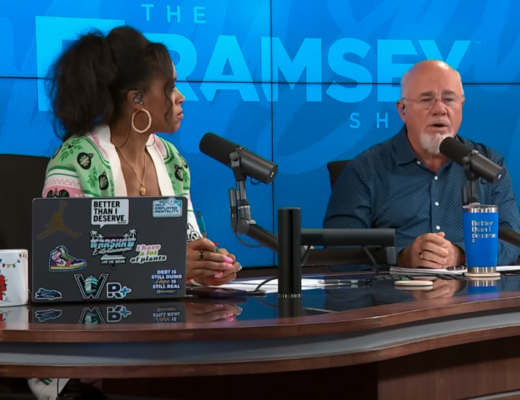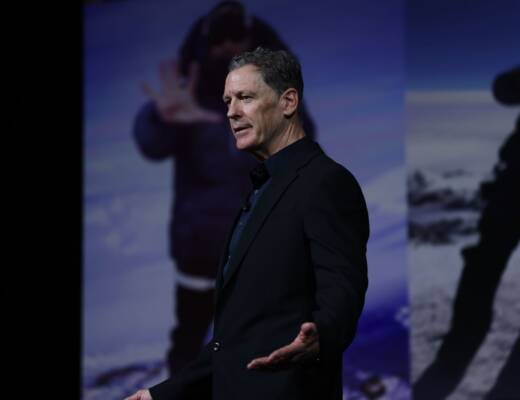Large company CEOs are generally chosen for a job following a worldwide search. The last option can either destroy or generate great value.
After such a job search, the successful candidate is frequently considered to know what a CEO performs. Ram Charan outlined four critical secrets for excellent CEO selection in a classic Harvard Business Review essay. Prior to selecting two or three skills, selectors identify two or three strengths of the future leader in the firm.
Second, they examine applicants objectively. Not the greatest leader, but the most suitable. Finally, they accept the selected candidate’s flaws. The list of critical actions lacks a clear definition of the CEO’s role. You would believe that after a long search, everyone understands what a CEO does.
Yet, as the industrial era gives way to the digital age, two very different ideas of what a CEO does are afoot.
Two Views of a CEO’s Role
Consider the CEOs of today’s three most valuable companies, all digital and valued over $2 trillion: Amazon, Apple, and Microsoft.
Like other CEOs, Tim Cook maintains he doesn’t obsess over the stock price. The stock price, sales, and profits arise from concentrating on the proper goods, treating customers like gems, and focusing on the user experience. As a result, we focus our efforts there. Typical CEOs don’t behave like this.
We know this from a long-term Harvard Business School study led by management legends Michael Porter and Nitin Nohria. It recorded approximately 60,000 CEO hours across 27 CEOs. The positions of digital CEOs and industrial CEOs have the same title, “CEO.”
Job Description
- The striking difference between a digital-age CEO and an industrial-era CEO starts with the firm’s aim.
- The digital CEO puts customers first. However, the HBS poll demonstrates that consumers are essentially an afterthought for industrial-era CEOs. Customers get barely 3% of CEOs’ attention, a statistic they were unaware of. This is a shocking revelation.
- The digital CEO’s major duty is the future road plan.
- With others handling the day-to-day business operations, Bezos concentrated on “pretty much nothing else.” His profession required long-term planning. The HBS CEO survey paints a totally different image of industrial-era CEOs. Instead, these CEOs maintain the status quo. The CEOs have “vast, spanning functional, business unit, organizational, and external” objectives. As a CEO, you must engage them all.
- The high valuations assigned to digital titans that do concentrate on the future contradict the usual justification of CEOs that failure to address innovation is due to stock market pressure to reach quarterly profit objectives.
- The third dimension is constant business creation.
- The HBS poll paints a completely different image of CEOs. These CEOs seem to be pre-digital, with little interest in starting new enterprises. Partly due to their “grueling schedule” running the old firm. Every stakeholder in a corporation wants immediate access to the CEO.
- The digital CEO multiplies yes.
- Bezos says yes is the keyword at Amazon. However, in a typical business structure, a junior executive proposes a novel concept. They must persuade their boss, their boss’s boss, and so on — any “no” in the chain might destroy the concept.
A Different Description Picture
The HBS study of industrial-era CEOs paints a quite different picture. No attempt is made to provide “multiple roads to yes.”
According to the report, these CEOs are worried about seeming isolated and out of touch by not spending enough time with coworkers. In essence, these CEOs are acting as CEOs rather than being CEOs.
The Chief Slowdown Officer for Huge Job Bets
Small improvements have “many roads to yes” at Amazon. Some are big, some are small. However, Bezos envisioned himself as the company’s “chief delay officer” when it came to bigger initiatives.
Again, the HBS poll paints a very different image of CEOs. It is a wake-up call for business leaders. No business development blueprint for substantial changes in the firm’s direction is mentioned. Instead, they appear too busy running the present firm and reaching short-term profit objectives to care about such things.
How to Fix Failing “Digital Transformations”
Overall, the image is one of opposites. Of course, this shouldn’t surprise most CEOs.
A digital CEO is obsessed with providing new consumer value and strategic agility. On the other hand, CEOs in the industrial period are careful administrators, overseeing the current firm and juggling many stakeholders.
In conclusion, many industrial-era enterprises are failing at “digital transformation.” They prefer straightening chairs on the Titanic. The issue is that these CEOs are not behaving like digital-era CEOs. However, they keep their heads down. Not up in the cloud…where it belongs.







